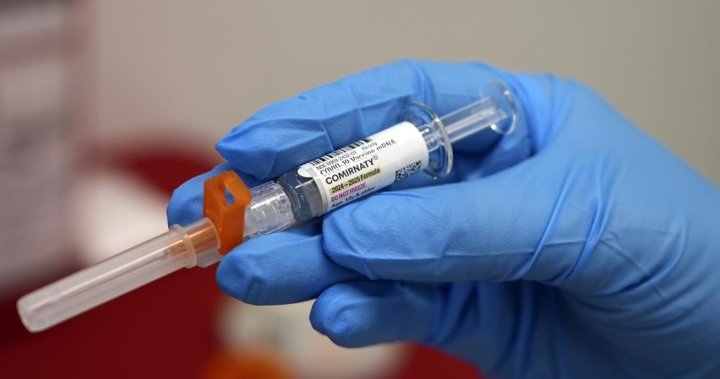Paragraph 1: Transitioning COVID-19 Vaccine Funding and Procurement
The landscape of COVID-19 vaccine management in Canada is undergoing a significant shift. As of 2025, the federal government will cease its direct funding for COVID-19 vaccines, transferring the responsibility of procurement and distribution to individual provinces and territories. This decentralization marks a new phase in the country’s pandemic response, placing greater autonomy in the hands of regional authorities. The Public Health Agency of Canada announced this change in policy alongside the release of the National Advisory Committee on Immunization (NACI)’s updated guidelines for COVID-19 vaccination, covering the period from 2025 through the summer of 2026. This transition raises important questions about how each province and territory will manage vaccine acquisition, distribution, and public health campaigns to ensure equitable access and encourage uptake.
Paragraph 2: NACI Recommendations for Vulnerable Populations
The National Advisory Committee on Immunization (NACI) has provided detailed recommendations for COVID-19 vaccination, targeting specific populations considered most vulnerable to severe outcomes. For individuals aged 80 and above, residents of long-term care facilities, and those with moderate to severe immunocompromise, NACI recommends two doses of the COVID-19 vaccine annually. This heightened frequency aims to provide enhanced protection for these groups, who are at greater risk of hospitalization, complications, and mortality from the virus. The rationale behind this recommendation lies in the waning immunity observed over time, particularly in these vulnerable groups, necessitating booster doses to maintain optimal protection.
Paragraph 3: NACI Recommendations for Adults and Healthcare Workers
Beyond the highest-risk groups, NACI also offers guidance for other segments of the population. Adults aged 65 and older, healthcare workers, and individuals with an elevated risk of severe COVID-19 illness are advised to receive one annual dose of the vaccine, provided they have completed a primary vaccination series. This recommendation acknowledges the continued circulation of the virus and the potential for breakthrough infections, even in vaccinated individuals. The annual booster aims to bolster immunity and reduce the likelihood of severe disease, hospitalization, and transmission within these groups.
Paragraph 4: Emphasis on Up-to-Date Vaccines and Primary Series Completion
A key aspect of NACI’s guidelines is the emphasis on using the most current COVID-19 vaccine formulations. This recommendation reflects the ongoing evolution of the virus and the development of vaccines tailored to address emerging variants. Staying up-to-date with the latest vaccine iterations ensures optimal protection against circulating strains. Furthermore, NACI underscores the importance of completing the primary vaccination series for those who have not yet received any COVID-19 vaccine. This foundational series provides the initial immune response necessary for robust protection and is recommended regardless of the time elapsed since the pandemic began.
Paragraph 5: Year-Round Vaccination and Provincial/Territorial Strategies
NACI’s guidelines emphasize that COVID-19 vaccination should be considered a year-round endeavor, recognizing that the virus circulates continuously. This approach contrasts with previous seasonal vaccination campaigns for other respiratory illnesses like influenza. The year-round availability of COVID-19 vaccines ensures that individuals can receive their doses at any time, aligning with their personal circumstances and healthcare provider recommendations. With the transition of funding responsibility to the provinces and territories, it remains crucial to monitor how these regional authorities will implement NACI’s guidance, adapt their vaccination strategies, and ensure equitable access to vaccines across diverse communities.
Paragraph 6: Implications and Future Directions
The shift in COVID-19 vaccine funding and the evolving vaccination guidelines represent a turning point in Canada’s pandemic management. The decentralization of vaccine procurement raises questions about inter-provincial coordination and potential disparities in access across different regions. The emphasis on annual boosters, especially for vulnerable populations, underscores the long-term nature of the COVID-19 challenge and the need for sustained public health efforts. As the virus continues to circulate and potentially evolve, ongoing monitoring, research, and adaptation of vaccination strategies will be crucial to maintain population immunity and minimize the impact of the virus in the years to come. The effectiveness of provincial and territorial implementation of these guidelines, along with public acceptance and uptake of booster doses, will play a significant role in shaping Canada’s future pandemic preparedness and resilience.

